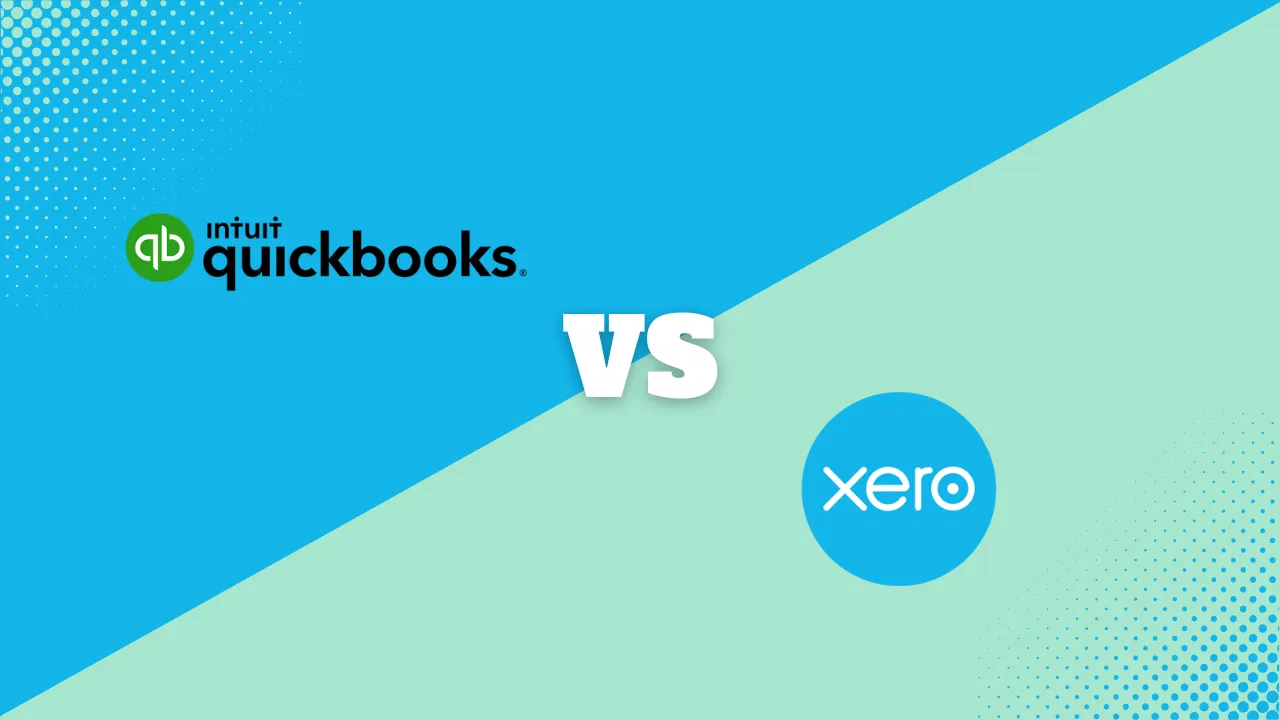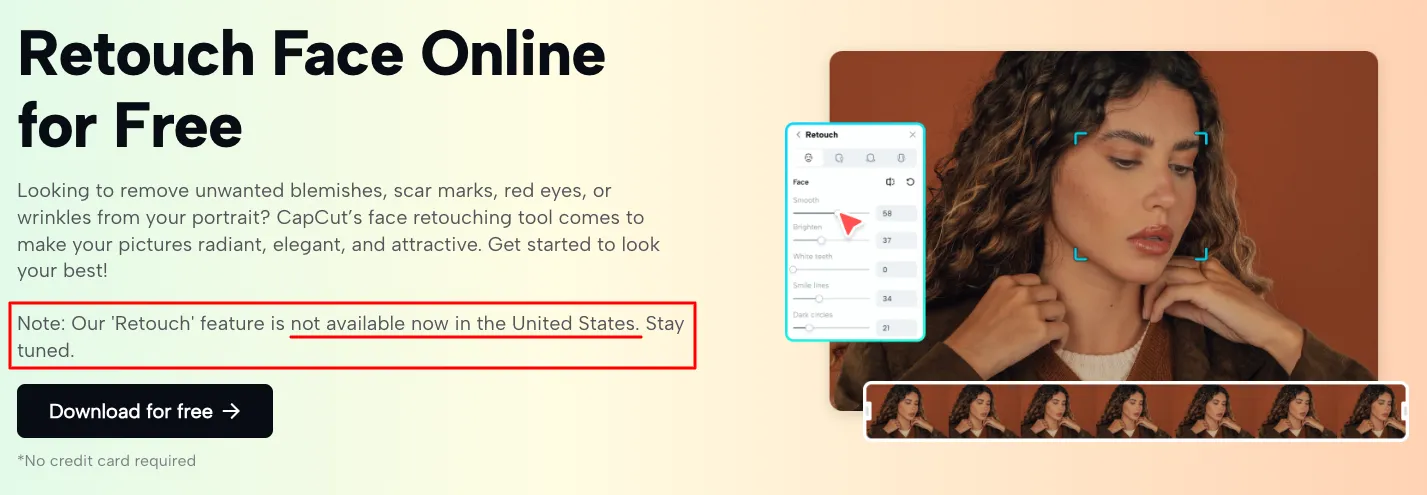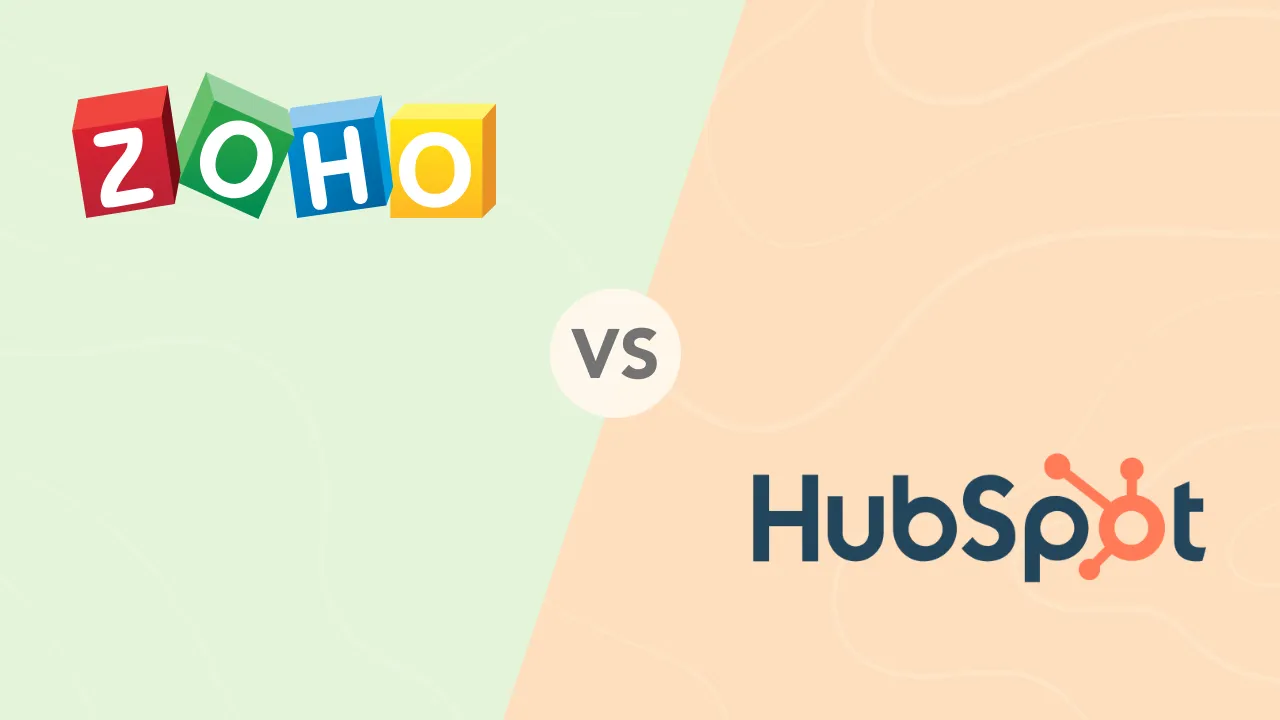Types of VPN: Which One Is Right for You?
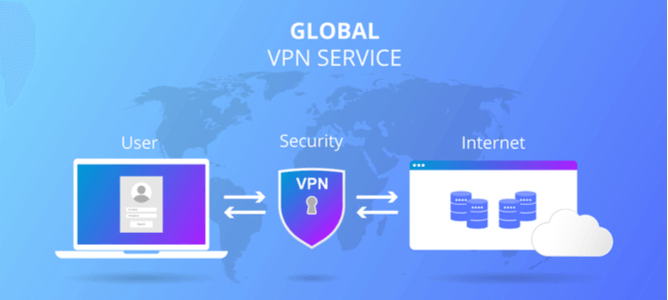
A VPN (Virtual Private Network) is a tool that encrypts your internet connection and protects your online privacy. But not all VPNs work the same way—and depending on what you need (personal use, remote work, secure browsing, or access to content), the type of VPN you choose matters.
Let’s break down the main types of VPNs, including the different VPN types and the most common types of VPN protocols, so you can choose the right one for your needs.
Understanding the Different Types of VPN
By understanding the different VPN types and the types of VPN protocols they use, you can better match your business or personal needs with the right tool. Below, we’ll walk through all types of VPN and highlight how each one works, what it’s best for, and when you might use it.
1. Remote Access VPN
Best for: Individuals or employees working from home or on the go.
A remote access VPN is one of the most common types of VPN and allows users to securely connect to a private network (like their company’s internal system) over the internet. It encrypts the connection, making it safe to access sensitive files or resources from anywhere.
Use case example:
An employee working remotely uses a remote access VPN to log into the company server and access internal tools or documents securely.
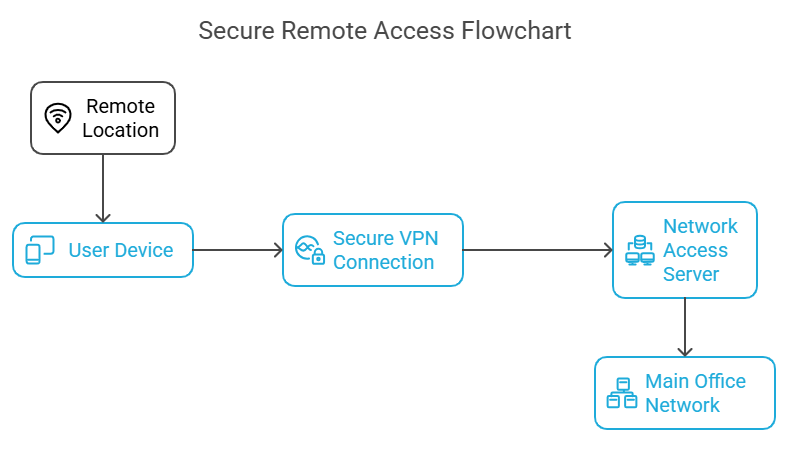
2. Site-to-Site VPN (Router-to-Router)
Best for: Businesses with multiple offices in different locations.
A site-to-site VPN is another one of the main types of virtual private network setups. It connects entire networks to each other—often used by companies with multiple branches. Instead of connecting individual users, this VPN connects routers at each location, creating a secure tunnel between them.
Use case example:
A company with offices in New York and London uses a site-to-site VPN so that both networks can securely share data and operate as one unified system.
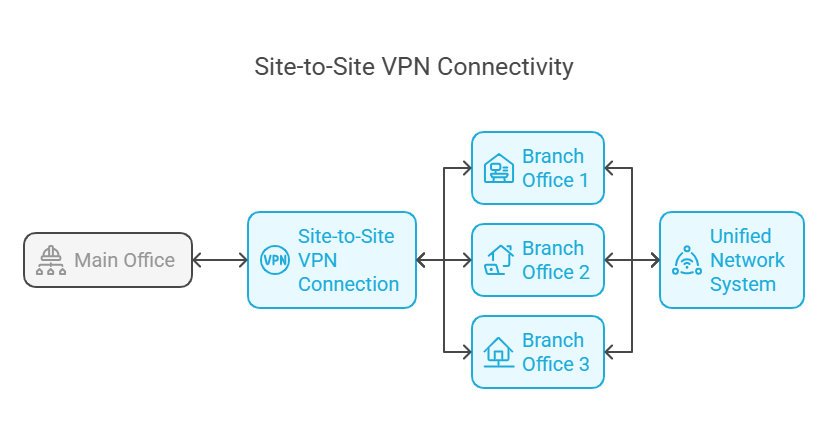
3. Personal VPN (Commercial VPN)
Best for: Everyday users who want online privacy, secure public Wi-Fi use, or access to geo-blocked content.
A personal VPN, also known as a commercial VPN, is one of the most popular VPN types individuals use. Offered by different VPN services like NordVPN, Surfshark, and ExpressVPN, these tools route your internet traffic through secure servers to hide your IP address and encrypt your data.
Use case example:
You’re traveling abroad and want to access U.S. Netflix—use a personal VPN to spoof your location and stream your favorite shows.
4. Mobile VPN
Best for: Users who need a secure connection while switching between networks (like cellular to Wi-Fi).
Among the different VPN types, mobile VPNs are designed to maintain a stable, secure connection even when users switch between different networks or experience brief disconnections. They’re commonly used in transportation, public safety, and logistics industries.
Use case example:
A delivery driver switches between mobile networks while securely connecting to their company’s dispatch system via a mobile VPN.
5. Cloud VPN (VPN-as-a-Service)
Best for: Businesses using cloud-based services and remote teams.
A cloud VPN, also known as VPN-as-a-Service, is one of the newer types of virtual private network models. It allows secure access to cloud resources without requiring on-premise hardware, offering a flexible solution for remote teams and modern businesses.
Use case example:
A startup using AWS and Google Workspace can use a cloud VPN to give employees secure access to all cloud tools from any location.
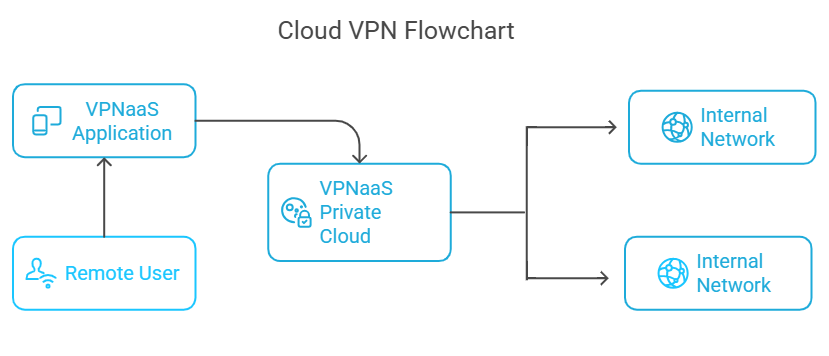
6. SSL VPN (Secure Sockets Layer VPN)
Best for: Organizations that need secure browser-based access to internal web apps.
An SSL VPN is a browser-accessible VPN commonly used in corporate environments. It’s one of the common types of VPN protocols that leverages SSL encryption to secure data without the need for specialized client software.
Use case example:
A remote contractor logs into a company portal through their browser, using an SSL VPN for encrypted access.
Bonus: Types of VPN Protocols
VPNs work through protocols that dictate how your data is encrypted and routed. Understanding the types of VPN protocols helps you choose the best option based on speed, security, and compatibility.
Here are the most common types of VPN protocols:
-
OpenVPN – Open-source, highly secure, and widely supported.
-
IKEv2/IPSec – Great for mobile devices, fast reconnection speeds.
-
WireGuard – Modern, lightweight, and extremely fast.
-
L2TP/IPSec – Good security, but slower due to double encapsulation.
-
PPTP – Very fast, but considered outdated and less secure.
Each protocol has its pros and cons, and many different VPN services allow users to switch between them depending on the use case.
How Can I Know Which VPN Type I Should Choose for My Business?
With so many types of VPN solutions out there, it’s natural to ask: Which VPN type is right for my business?
Identify Your Business Use Case
Ask yourself:
-
Do you have remote employees who need secure access to internal systems? → Remote Access VPN
-
Are you connecting multiple office locations? → Site-to-Site VPN
-
Do you run a cloud-based team or service? → Cloud VPN (VPN-as-a-Service)
-
Do employees work from the field or switch between networks often? → Mobile VPN
-
Are you looking for an easy browser-based login to internal tools? → SSL VPN
-
Do you need basic online privacy or geo-access for general use? → Personal VPN
Evaluate Team Size and IT Resources
-
SMBs and startups may prefer cloud VPNs or commercial VPN services requiring little infrastructure.
-
Larger businesses may benefit from site-to-site VPNs or self-managed remote access VPNs for better control.
Final Thoughts
There are many types of VPN solutions available today, each serving different needs. Whether you’re trying to protect your personal data, enable secure business operations, or support a remote workforce, choosing the right VPN type is essential.
Here’s a quick recap of all types of VPN covered:
-
Remote Access VPN
-
Site-to-Site VPN
-
Personal (Commercial) VPN
-
Mobile VPN
-
Cloud VPN
-
SSL VPN
-
Various types of VPN protocols like OpenVPN, IKEv2, and WireGuard
Understanding the different VPN types will help you find the best solution to secure your connection, protect your privacy, and access the tools and content you need—wherever you are.
